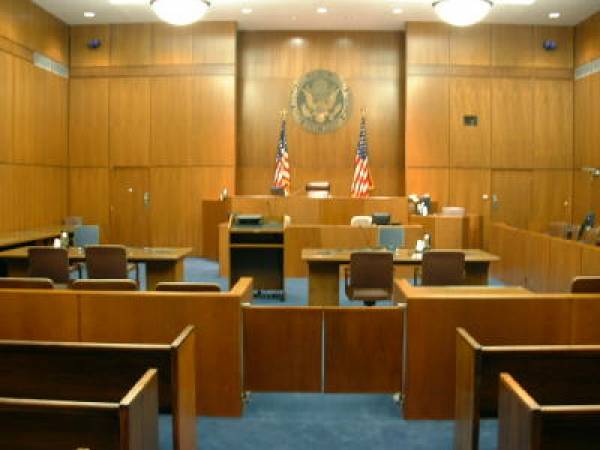3rd Circuit Court Ruling on Internet Gambling Will Remain Mystery

Shannon P. Duffy of Law.com reported Tuesday that a 3rd U.S. Circuit Court of Appeals panel seemed inclined to uphold the Unlawful Internet Gambling Enforcement Act (UIGEA), which makes most forms of online gambling illegal.
Duffy observed that the Court was likely to reject arguments from the two attorneys representing the trade group that is challenging the law, DC-based Interactive Media Entertainment & Gaming Association, most commonly known as iMEGA.
Law professor Stephen A. Saltzburg of George Washington University, arguing for the Interactive Media Entertainment & Gaming Association, said the law is "so vague that reasonable people would have to guess" about its meaning.
A typical Internet gambler, Saltzburg said, may visit a gambling Web site in Costa Rica, where gambling is perfectly legal, and that transaction would be conducted in Costa Rica. By virtue of the Internet, he said, that gambler did not need to get on a plane, but he nonetheless was visiting a site in Costa Rica.
But 3rd Circuit Judge Kent A. Jordan was unimpressed.
"No matter how metaphysical you want to get, I'm not in Costa Rica -- I'm in Delaware," Jordan said.
Assuming that Delaware state law says Internet gambling is illegal, Jordan said, the federal law simply criminalizes the wire transfer of funds related to that illegal transaction.
"I'm struggling with what's vague about that," Jordan said.
Judge Dolores K. Sloviter said she, too, was having difficulty grasping the vagueness argument.
"It may be difficult to prove where the bet was placed, but that doesn't make the law unconstitutionally vague -- that's a question of proof," Sloviter said.
Joe Brennan Jr., Founder of iMEGA.org, expressed to Gambling911.com Tuesday evening that these types of Appellate hearings are often difficult to read.
"Our attorneys have left hearings thinking they didn't stand a chance of a favorable decision and were shocked to learn later they had won," said Brennan, Jr. "The judges were tough with both sides."
Salzburg clarified the "vagueness" argument was related more to what types of gambling were considered "unlawful". The UIGEA exempts horse racing and state lotteries but the banks have no way of differentiating those transactions from online gambling and online sports betting.
"Right now it is difficult to buy a state lottery ticket using a credit card since the banks are declining many of these charges," Brennan, Jr. said.
"It's not at all clear that Delaware or any state can regulate international commerce," Saltzburg told the three judge panel Tuesday.
The judges continued to focus on the where the activity was taking place however.
Jordan said, was not where else in the world a transaction was taking place, but only the conduct that was taking place in Delaware.
Judge Thomas L. Ambro joined his colleagues in rejecting the fundamental premise of Saltzburg's argument.
"You know you're in Delaware," Ambro said. "So it doesn't make any difference that you agreed to be bound by Costa Rica law."
Attorney Eric M. Bernstein of Warren, N.J., also representing iMEGA, urged the judges to hold the statute violates the First Amendment and privacy rights of gamblers.
From Law.com:
Bernstein argued that gambling is entitled to privacy protections and that a trade association should be recognized to have standing to assert those claims on behalf of its members' customers who face a daunting impediment to going to court on their own where they would be forced to confess to a crime as a prerequisite to waging any challenge.
But Justice Department attorney Nicholas J. Bagley argued that the plaintiff's void-for-vagueness arguments were fatally flawed because they cannot show that the statute would be vague in all its applications. In Utah, he said, where all gambling is illegal, there could be no doubt how the law should apply.
Bagley also argued that while courts have recognized "associational" standing for trade groups and third-party standing for asserting the rights of customers, no court has ever lumped the two together and allowed a trade organization to assert both.
Perhaps the strongest indicator of the likely winner came when Bagley stopped his own 20-minute argument about halfway through and said he would be happy to take a seat if the judges had no further questions.
"I'm OK with that," Sloviter said for the panel.
Brennan, Jr. saw things differently, however.
"The judges knew we already had standing and made that clear to the U.S. Justice Department attorney (Bagley), which is probably why he elected to take a seat," he said.
Brennan, Jr. told Gambling911.com a decision could come as early as 30 days and as late as three months.
Christopher Costigan, Gambling911.com Publisher













